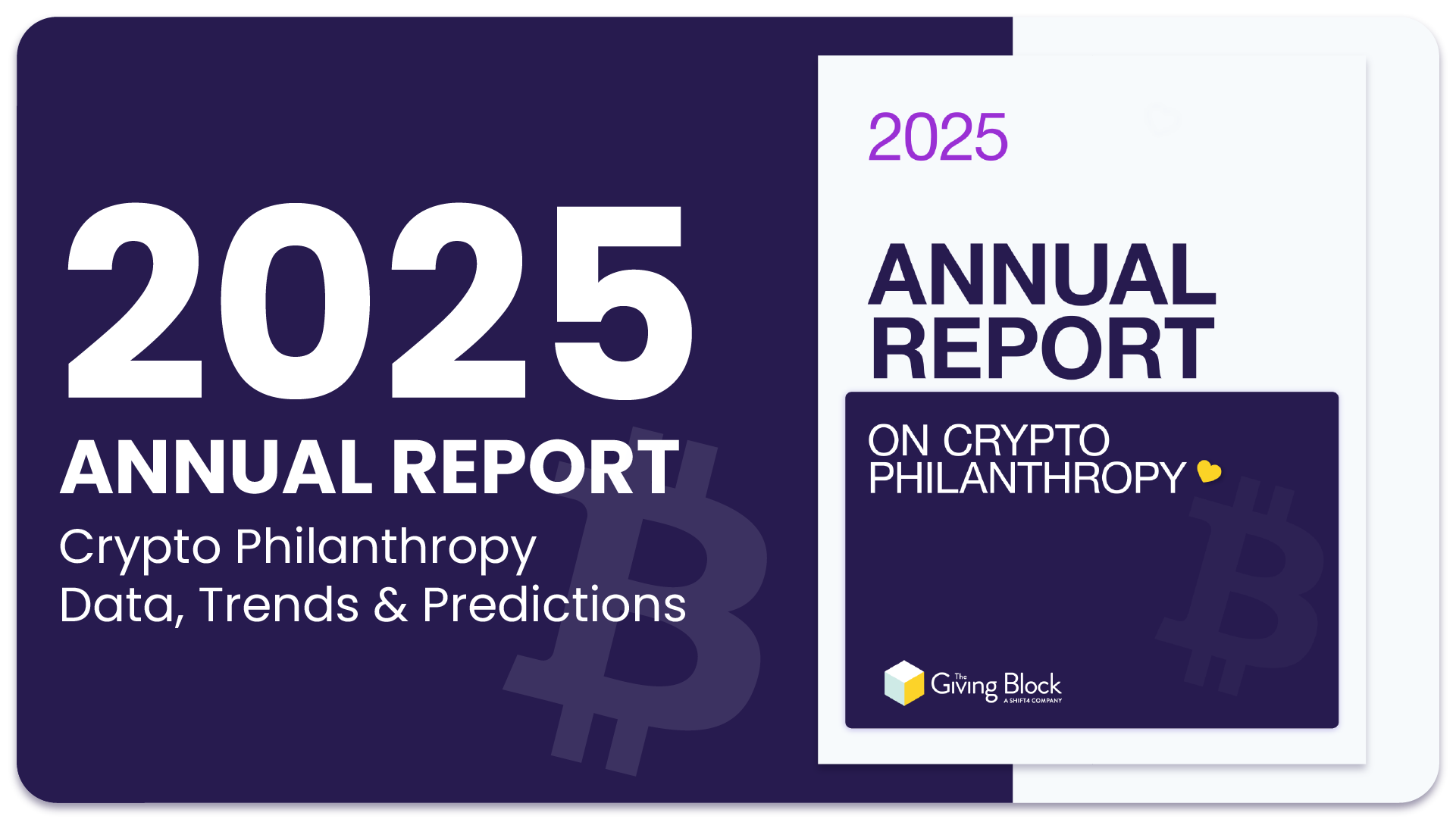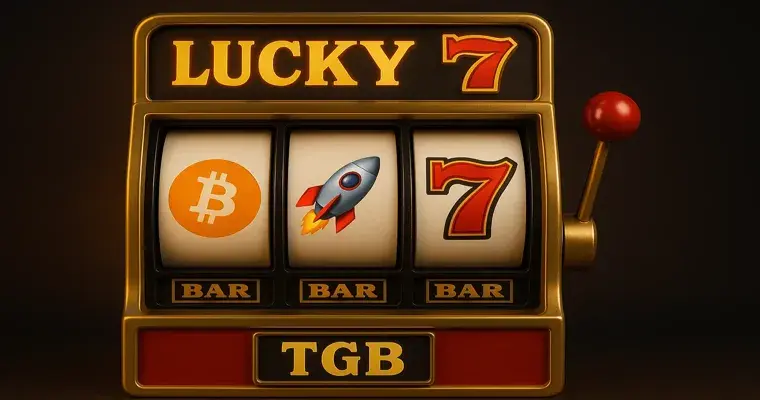Ethereum is a decentralized, open-source blockchain that allows developers to build and run dApps. Conceived by Vitalik Buterin in 2013, Ethereum is one of the most popular blockchains. Many services, games and apps are built on Ethereum, and even “Layer 2” blockchains that can help increase the speed and reduce fees for Ethereum-based transactions. Ethereum has paved the way for the Decentralized Finance (DeFi) system, Non-Fungible Tokens (NFTs), and Decentralized Autonomous Organizations (DAOs). Its native cryptocurrency, ether (or “ETH”), is the second-largest cryptocurrency by market capitalization, after Bitcoin.

What is Ethereum (ETH)?
Donate Ethereum (ETH) to Nonprofits on The Giving Block
Visit our donor marketplace to explore thousands of crypto-friendly nonprofits, educational institutions, and faith-based organizations.
Looking for more resources?
 6 Types of Cryptocurrency and How to Donate Them The Giving Block accepts more than 80 types of cryptocurrency that donors can use to support nonprofits and charities in a variety of ways. Read more
6 Types of Cryptocurrency and How to Donate Them The Giving Block accepts more than 80 types of cryptocurrency that donors can use to support nonprofits and charities in a variety of ways. Read more What is Blockchain: Why You Should Care A blockchain is a growing list of records, called blocks, that are linked together using cryptography. Each block contains a cryptographic hash of the previous block, a timestamp, and transaction data. Read more
What is Blockchain: Why You Should Care A blockchain is a growing list of records, called blocks, that are linked together using cryptography. Each block contains a cryptographic hash of the previous block, a timestamp, and transaction data. Read more Crypto Glossary for Nonprofits and Donors: 60+ Terms Explained We’ve put together a glossary of the most popular, essential, and amusing jargon, terms, shorthands, and slang. Read more
Crypto Glossary for Nonprofits and Donors: 60+ Terms Explained We’ve put together a glossary of the most popular, essential, and amusing jargon, terms, shorthands, and slang. Read more














